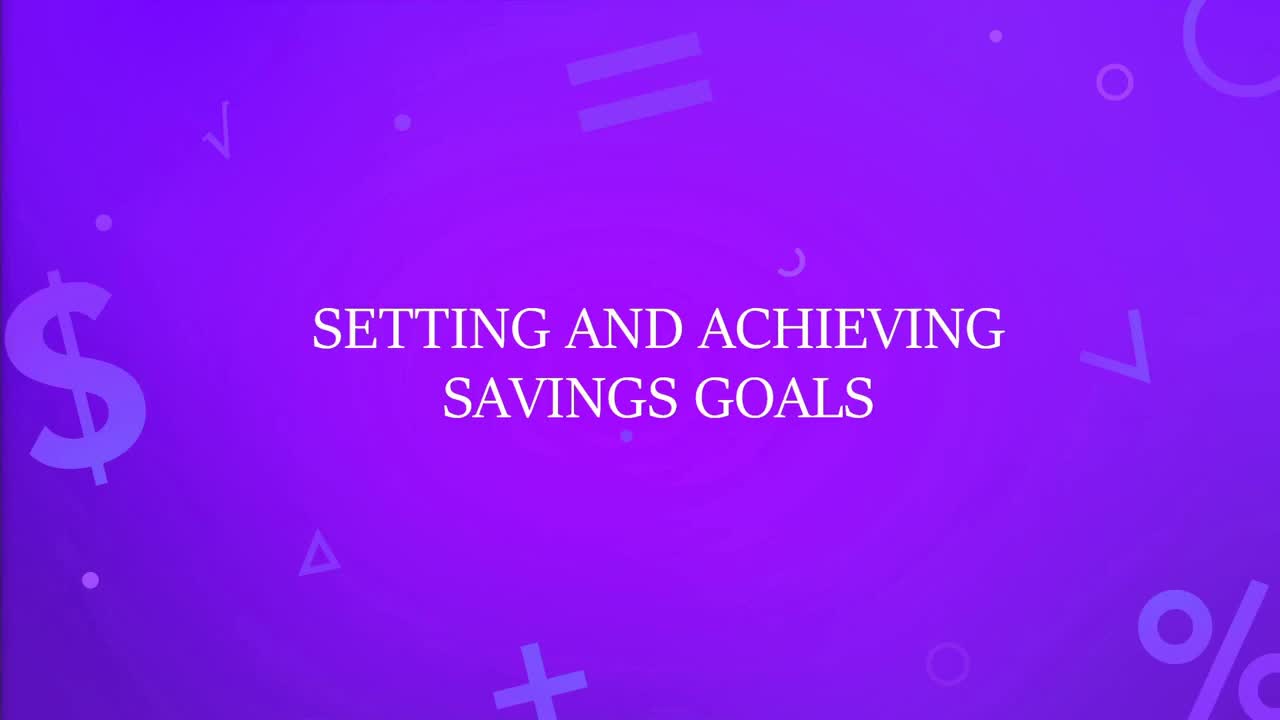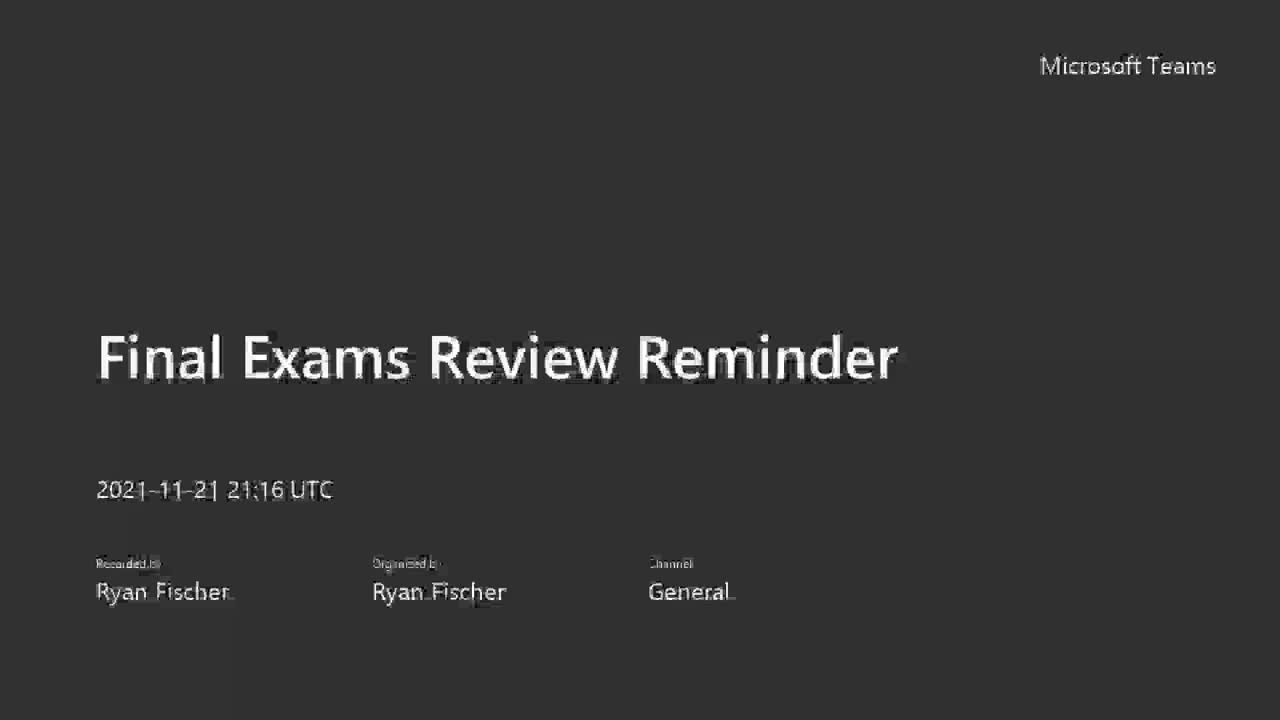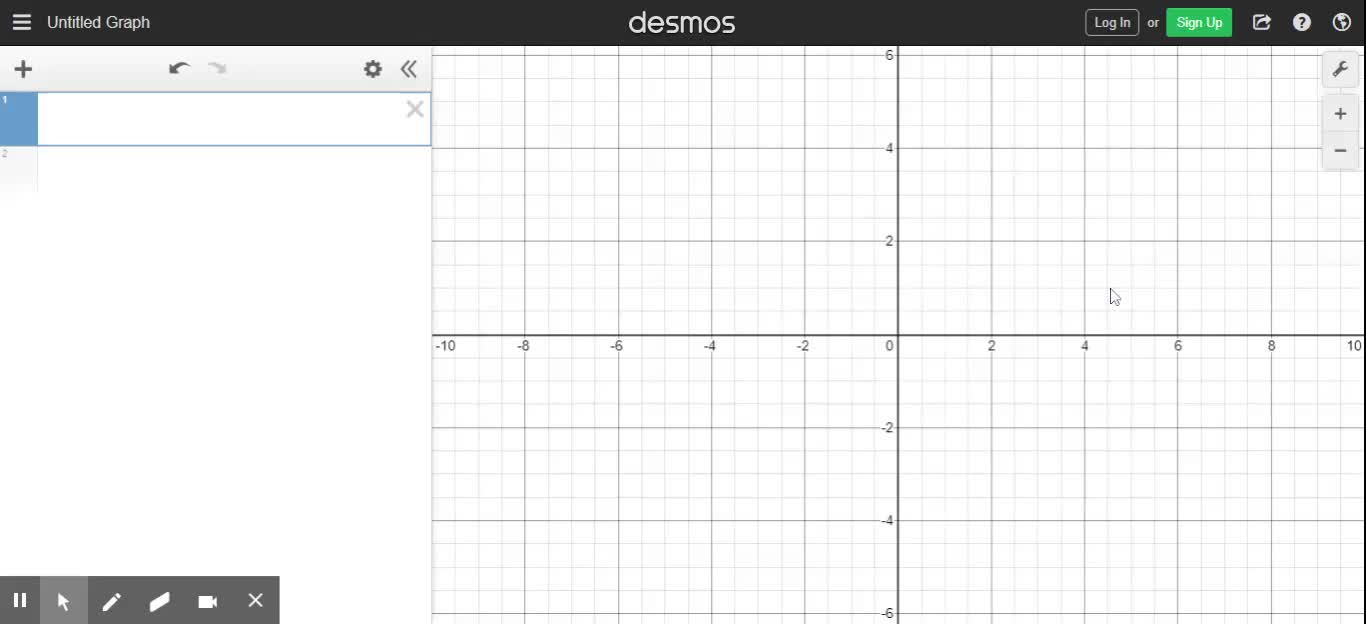Review Reminder for Finals
High School
Hello my AP psych scholars. It's mister Fisher again. I hope things are going well for you right now. I miss you all terribly. I'm just posting a very quick video with a reminder on final exams as well as a little bit of a guide for how you can review from a little bit of tips. And I'll show you some ways of going through our materials on teams. So for starters reminder that there is a final for this class, it is 100 multiple choice questions. It's going to cover units one through 8. And that it's going to be all just multiple choice. There's no frq. You don't have to worry about that. And so you want to make sure you're prepared for it, and also before I get into final exam reviews, if you're missing any work, please focus on that first. If you're missing a test, if you're missing an assignment, get those in because one, you need those to pass the class as well. But two in a way that will kind of help you review. So let me just kind of break down how I would go about reviewing and you can do kind of what's best for you. So the ultimate way, the ultimate kind of resource hub is what we've been using all year, Microsoft Teams. So if you look on our AP site page under files, it's going to be most helpful for you. And what I did was, you know, throughout the semester we've had each unit, see we're on units up and about to start unit 8. And then because I was out on leave, there's this separate folder for class lecture recordings. So if you go in here, I need to label each video with the module that covers. We got module 13, 16. It mostly goes in order. So I wouldn't start with the recorded lectures first. Because you want to see what you need to review. The way I would actually start is going on skyward, checking your grades and looking back at the units and seeing which ones you struggled with the most. Especially with these later units because they're so fresh, I would actually spend less time on them because we've just tested on them. It should be pretty fresh in your hat. But going back, looking back at units, one, two, three, four, unit one went really quick. So you probably don't want to spend a lot of time there, but unit two was a struggle for a lot. As was unit three. So I would definitely look back at these, see how you did, and just kind of open the resource page and see what you have. You know, we've got the vocabulary sheet I gave you. The diagrams you have to draw. This document here helpful for unit three, all the videos I showed you with links to them. So you can just open it up, you know, if you want to look at how a neuron is stimulated. You want to look at the different brain scans that you got that there. If you've got the patient with the split brain, that one was definitely helpful to have in a video format. And then, of course, we've all probably been waiting for me to talk about is the PowerPoints. To a PowerPoints can be one of your best guides, not necessarily for reviewing through the PowerPoint, but guiding you on concepts you need to review more. So it does have the notes in there that you should have taken your own notes, but what else is helpful is again it goes through the information with pictures and it tells you each module. So what I would do is look at your grade, I'm going to use unit three for an example because some suits struggled with that. Let's say you struggle with unit three, you didn't do well on the test. It shows you each module here, right, 9, ten, 11, 12, 13, 14, 15. What you can do is use this to kind of see the modules and go, oh yeah, I struggled with that. And if you really struggled, let's say you really struggled with module 9, the first one with neurons. You just had trouble labeling them, things like that. You can go in the recorded lectures, you can rewatch the lecture of me talking about neurons if you think that would be helpful to you. Or you can simply go through the notes again yourself and see what works. I don't want to tell you one exact way to review because you're all different, right? You got to kind of figure out, hey, what works best for me. Something I will say that I think you'll find helpful. This is just kind of a little tech tip that I guess some students don't know some of you do. But what you can do and this will be really helpful for reviewing is hold down the control key and hit control F and what control F does. Okay, so it's not actually doing it. In this right now, I think you got downloaded and allowed you downloaded the PowerPoints. So what you can do is let's use unifi sensation perception I got that over here. Is again that control F feature. By hitting control F after you download the PowerPoint, it will search the PowerPoint for any word. So let's say you really struggled in sensation and perception. With the parts of the eye. What you can do is type in I and hit find next, and hey, look. It says we're going to be talking about the eye today. You could find next my next this is a little rougher eye is a big, you know, we have a whole module on it. So it's going to be everywhere. Let's say I know specifically I struggled with the retina. The retina confused me, you know, how it translates the information. So I search retina. Oh, there we go. Now it takes me to a slide on retina. There's our memory tips, cornea iris pupil lens, retina, and look, here we've got those slides where it talks about exactly what the retina does. So control F is a helpful feature for getting you to those specific topics. Because without that, you're just kind of going through every slide one by one. What do I need to learn? That's going to take forever. But if you're like, oh, I want to look at the retina or I want to look at the parts of the ear, doing that hold control, hit the F key, will let you search through the PowerPoint for it. You can also this also works in word documents. It works on websites, stuff like that. But specifically, I think there will be helpful for you in the PowerPoint. So I would use that to kind of review the key concepts more. Go through your notes, rewatch the lecture video if you're like, wait, I really struggle out sick that day. Rewatch it to get kind of the more intense studying. I won't rewatch all the videos. You're going to be there a while. And then using the other resources kind of as needed. Let's say, again, you struggled in unit three with the neurons. You guys already turned this in. Most of you did the hard copy, but you can pull this up again. You can practice neurotransmitter vocabulary, right? Saying what each of these neurotransmitters does. You can pull up the neuron diagram. And go through relabeling it again. What does it do? And each unit is going to have different stuff to help you in it, right? That's the brain unit. Others will have it as well. That's unit three. And you can do that for each one of these units. I really would take one unit at a time. Take a day or two on each one because if you're jumping around, it's not going to work as well for you. But you have time to review now, like we're not quite at finals yet, and I actually would start. I know you're like, but it's so far away. It's going to sneak up on you. Better to prepare early, give yourself time, all the stuff as we're learning in our memory unit, your brain needs sleep, your brain needs time to process the more time you take to go over it. The more you break it apart, the better it's going to go for you. The more your brain is going to be able to really understand those concepts. So there's just a little bit of a guide and a little bit of showing you the materials you have available to you. I'll try to give you more, especially as we get closer and remind you. If you have trouble accessing anything, if you have trouble finding any resource, please send me a message, let me know. Like I said, I miss you guys terribly. I hope you're doing well. And I hope hopefully I'll see you soon. I really do hope to come in soon. So have a great day. Enjoy the rest of your weekend. And keep up the great work. Keep working hard. Thanks, guys.







